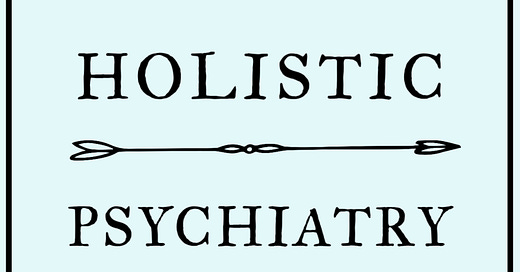Our gut microbiome forms a dynamic ecosystem of trillions of microbes, including bacteria, viruses, archaea, and fungi, in thousands of species—many of which have existed long before humans.
While research into the microbiome has gained traction only in the past twenty years, our ancestors recognized the connection between digestion and emotions, mood, and behavior. Historical practices like fecal transplants date back to Ancient Greece and 4th century China.
By the 18th century, the concept of the gut-brain axis was already recognized, and in the 19th century, physicians acknowledged the influence of the gastrointestinal (GI) tract on mental well-being. However, the 20th century saw a regression in this understanding, with scientists asserting that it was the mind affecting the gut instead.
It wasn't until the 21st century that we reconciled these views, acknowledging that both can be true. The brain impacts the gut through the autonomic nervous system, while the gut influences the brain through its microbial inhabitants.
So, how exactly does the gut microbiome affect the brain beyond its role in nutrient absorption? This influence is largely through three primary mechanisms.
To learn more about the root causes of brain symptoms and the consultations that I offer, visit courtneysnydermd.com
Disclaimer:
This podcast is for educational purposes and not intended or implied to be a substitute for professional medical advice, diagnosis, or treatment for yourself or others, including but not limited to patients you are treating (if you are a practitioner). Consult your physician for any medical issues that you may be having.













Share this post